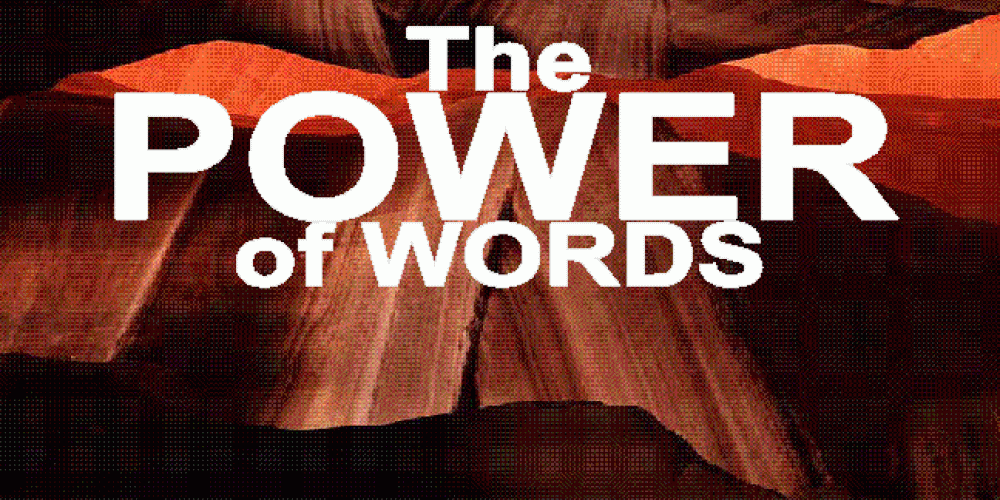"And he saw an Egyptian man hitting a Hebrew of his brothers" (2:11). To the slave in Egypt, being beaten up by our tormentors was the norm, and the Jewish people--having no recourse or justice--suffered in silence. Moshe's act of fighting back on behalf of some "lowly" slave was shocking for those immersed in Egyptian culture, and it nearly cost him his life.
With the Jews learning to defend themselves, the process of redemption could now begin. Years earlier, the enslavement of the Jewish people began with a well-orchestrated state-sponsored propaganda campaign to demonize the Jewish people. "He [Pharaoh] said to his people: Now the nation of the people of Israel is greater and more powerful than us". Only after hateful speech could Pharaoh impose upon them taskmasters, to "afflict them with their burdens [and to] build storage cities for Pharaoh", soon to be followed up by the tossing of Jewish babies into the Nile.
Just as the process of slavery began with speech, so too did the process of redemption. "And he said: 'Who made you a master and judge over us? Helargeinu atta omer, do you say to kill us, as you killed the Egyptian?'" (2:14). Our rabbis, ever so sensitive to the wording of the text, add an additional layer of meaning to the phrase helargeinu atta omer, do you say to kill us. They comment that Moshe killed the Egyptian using words as his weapon, his words being the shem hameforash, the ineffable Name of G-d.
Of course, such a comment "contradicts" the text itself where exactly two verses prior, we are told that "he saw that there was no man [looking] and he hit the Egyptian and buried him in the sand". While Moshe may have struck the Egyptian, our rabbis were noting that words are more powerful and dangerous than any weapon. No weapon is used until it is preceded by demonization. Speech may kill, yet those who seek life are able to "guard their tongue from speaking evil and [their] lips from guile". The voice of Jacob can be more powerful than the hands of Eisav. It is not mere coincidence that the first place the Jewish people encamped upon departing Egypt was Pi Hacherot, literally "The Mouth of Freedom". Slaves are silent; only the redeemed can speak. Pesach, the holiday that celebrates this transformation from slavery to freedom, is really a conjunction of two words: peh sach, the mouth speaks.
The Torah begins with the awesome voice of G-d creating the world through the power of speech. "In ten utterances was the world created".
The shem hameforash brings the power of the Divine to earth. It is to be used sparingly and carefully. There is nothing more powerful and fearsome than the name of G-d, a name representing the Divine essence. It is only to be used by the high priest in the Temple, where the Divine presence rests. And when one hears the name, one must prostrate oneself; with G-d's presence manifest, man is powerless.
Vayikra b'shem Hashem, and they called in the name of G-d, is a refrain we hear over and over as our founding fathers brought the message of G-d to the world, constantly calling in the name of G-d. Abraham, and hence the Jewish people, are descendants of Shem, and our lives must ensure that our lifestyle does not "profane My holy name", so that "I will be made holy in the midst of the people of Israel" (Vayikra 22:32).
"And I appeared to Abraham, to Isaac, and to Jacob with El, but My name I did not make known to them". There are many names of G-d, each representing a different aspect of the Divine. It is our task to live up to G-d's name, a name that will ensure the redemption of the Jewish people.

